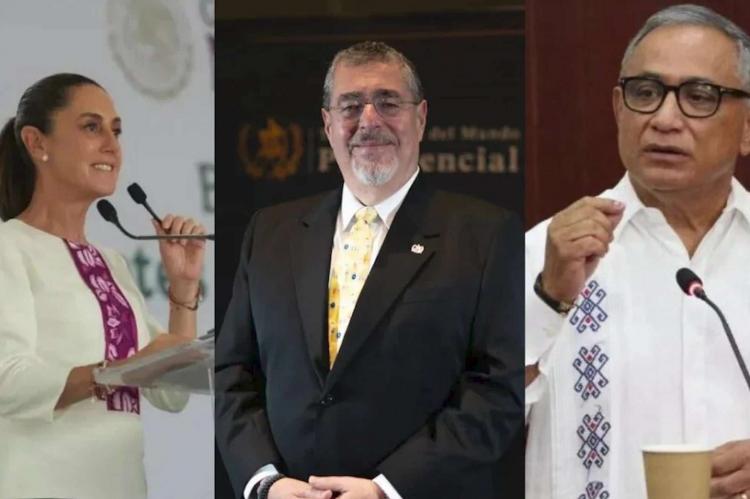Belize Heads to Campeche Empty-Handed While Guatemala Arrives With a Full Deck
By: Omar Silva I Editor/Publisher
National Perspective Belize I Digital 2025
Belize City: Thursday 14th August 2025
Tomorrow, Friday, 15th August, Prime Minister John Briceño will lead what the government calls a High-Level Delegation to Campeche, Mexico, for a Tri-lateral Meeting between Mexico, Guatemala, and Belize. According to the official press release, the agenda is ambitious: energy, migration security, the environment (with the Zaragoza Bridge firmly on the Belize talking points), agriculture, investment, infrastructure, and air connectivity.
On paper, it reads like Belize is striding in with bold intentions. In reality, it’s another story.
The Zaragoza Bridge — An Environmental Albatross
For anyone tracking the Zaragoza Bridge, it is no secret that the primary roadblock is environmental. On Belize’s side, ecological and marine conservation concerns remain unresolved. The project’s footprint threatens sensitive coastal and reef ecosystems, and no credible environmental management plan has been publicly disclosed. Promoting the bridge without a binding environmental clearance is like waving an empty envelope at a trade fair—symbolic, but void of value.
Guatemala’s Advantage — Real Deliverables
While Belize comes with plans still trapped in ministerial briefing papers, Guatemala arrives in Campeche with tangible, advanced projects already in motion with Mexico:
- Integrated customs and cargo clearance systems already piloted.
- Railway connections under the Interoceanic Corridor initiative.
- Established frameworks for agricultural exports, manufacturing inputs, and energy linkages.
They’re not talking about “plans” — they’re talking about deliveries, contracts, and signed agreements. That’s the real leverage at the table.
Belize’s Position — Aspirations Without Anchors
Belize’s list is aspirational:
- Dependent energy sector still reliant on foreign suppliers.
- Agriculture without guaranteed market access beyond cattle and coconut proposals.
- Air connectivity as a discussion point, not a negotiated agreement.
- Investment pitches with no completed investment framework or incentive reforms.
Without concrete proposals backed by technical studies, financing plans, and implementation timelines, Belize risks being the polite listener in a room where Mexico and Guatemala speak the language of execution.
The Core Question — Benefit From What, Where, and How?
If Belize’s contribution is largely conceptual, what exactly do we expect to gain from this trilateral encounter? Benefits flow toward nations that arrive with clear trade concessions to offer, ready-to-sign infrastructure agreements, and robust environmental and technical justifications for large-scale projects.
Right now, Guatemala has those. Belize doesn’t.
The danger is that we leave Campeche with photographs, press releases, and promises, while our counterparts walk away with signed deals, extended trade corridors, and firm infrastructure commitments.
Closing Punch
A high-level delegation is not defined by the titles of those on board — it is defined by the weight of what they bring to the table. If Belize arrives in Campeche with plans on paper and no actionable leverage, we are not negotiating; we are spectating.
- Log in to post comments

